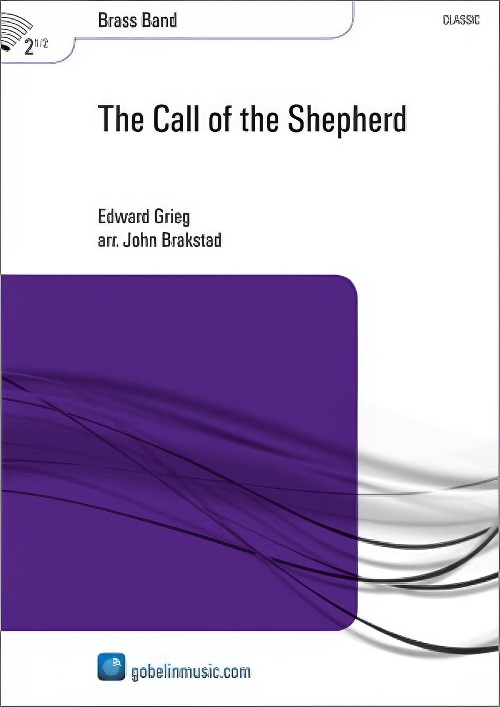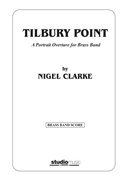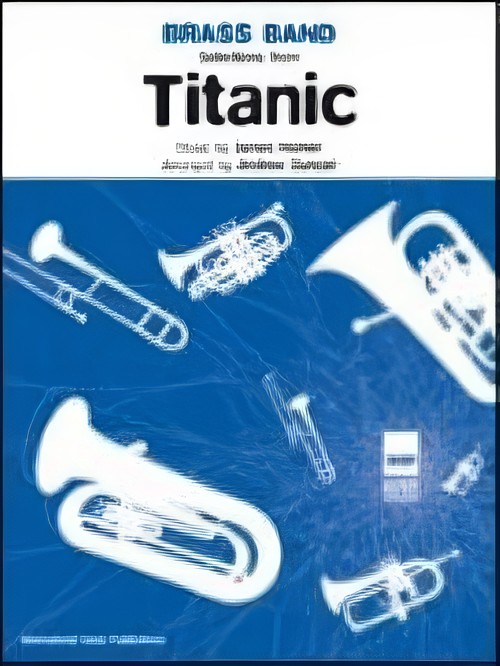Results
-
 £18.99
£18.99Soul Time (Brass Band - Score only)
Soul Time by Roland Kernen has the two most important elements of any hit pop song - a driving rhythm and an attractive and catchy melody. This work has a three-part structure - a lively and exciting opening, a more peaceful middle section and an exuberant reprise. Get into the groove with this soulful work for brass band. 03:43
Estimated dispatch 7-14 working days
-
 £25.00
£25.00SYMPHONY FOR BRASS (Brass Band Extra Score) - Ewald, Victor - Hopkinson, Michael E.
Score only. 2014 National Championships finals - Third Section.
Estimated dispatch 7-14 working days
-
 £49.50
£49.50SYMPHONY FOR BRASS (Brass Band Set) - Ewald, Victor - Hopkinson, Michael E.
Score and Parts. 2014 National Championships Finals - Third Section.
Estimated dispatch 7-14 working days
-
 £60.99
£60.99The Call of the Shepherd (Brass Band - Score and Parts) - Grieg, Edvard - Brakstad, John
A warm, romantic pastorale, very suitable as calm interlude in your program. John Brastad, band master of the Bergen Salvation Army Band (Norway) made the arrangement for brass band.Duration: 3:15
Estimated dispatch 7-14 working days
-
 £54.99
£54.99Theme from JAG (Brass Band - Score and Parts)
The television series JAG (Judge Advocate General), which was first broadcast in America in 1995, has become internationally known over the years. In Europe, too, people have become acquainted with the legal wing of navy officers and the intrigues surrounding Commander Harmon "Harm" Rabb (David James Elliott) and his partner Lieutenant Colonel Sarah "Mac" MacKenzie (Catherine Bell). Both inside and outside the courtroom they fight with one major aim: winning! In their personal relationships, there's a good deal of tension too. The theme tune to this television series, full of action and adventure, has been arranged for brass band by Roland Kernen. 02:00
Estimated dispatch 7-14 working days
-
 £40.00
£40.00Three Impromptus for Brass Band (Brass Band - Score and Parts)
-
Estimated dispatch 7-14 working days
-
 £54.95
£54.95TILBURY POINT (Brass Band) - Clarke, Nigel
A Portrait Overture for Brass Band
Estimated dispatch 7-14 working days
-
 £29.95
£29.95TITANIC (Selections) (Brass Band) - Horner, James - Duncan, Andrew
Music from the 1997 movie blockbuster composed by James Horner and arranged for brass band by Andrew Duncan. This arrangement includes the Celine Dion song, My Heart Will Go On
Estimated dispatch 7-14 working days
-
 £59.99
£59.99To a Wild Rose (Brass Band - Score and Parts) - MacDowell, Edward - Sparke, Philip
Edward MacDowell can be regarded as the first great American composer, although he disliked the idea of being classified as any sort of musical nationalist. He composed a large number of orchestral works but it is the charming and unpretentious suite of musical miniatures, Woodland Sketches, that has survived as his best-known work, with To a Wild Rose being the most popular. Philip Sparke has expertly arranged this simple work for brass band.Duration: 3.00
Estimated dispatch 7-14 working days
-
 £59.95
£59.95TOURNAMENT FOR BRASS (Brass Band Set)
Estimated dispatch 7-14 working days
